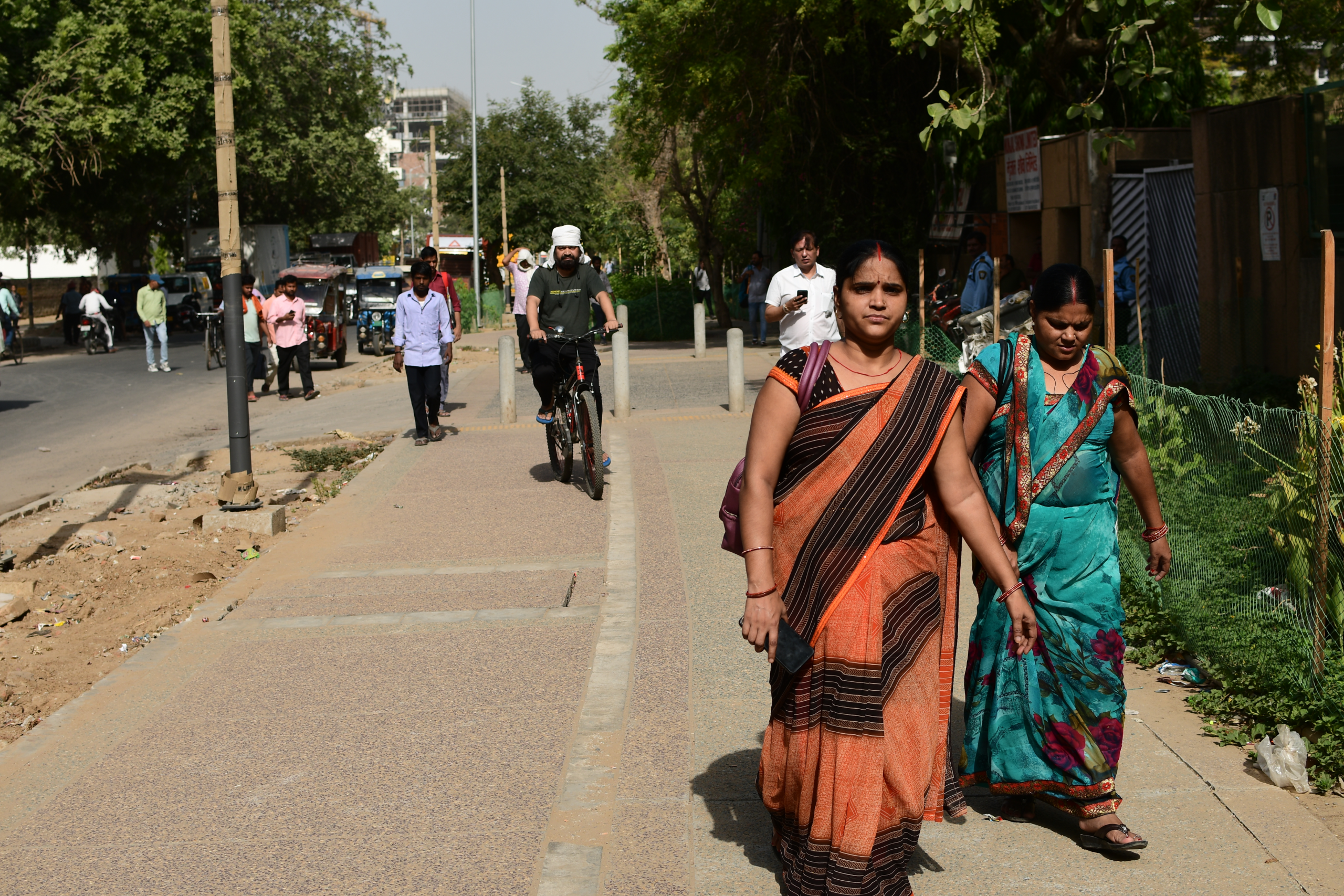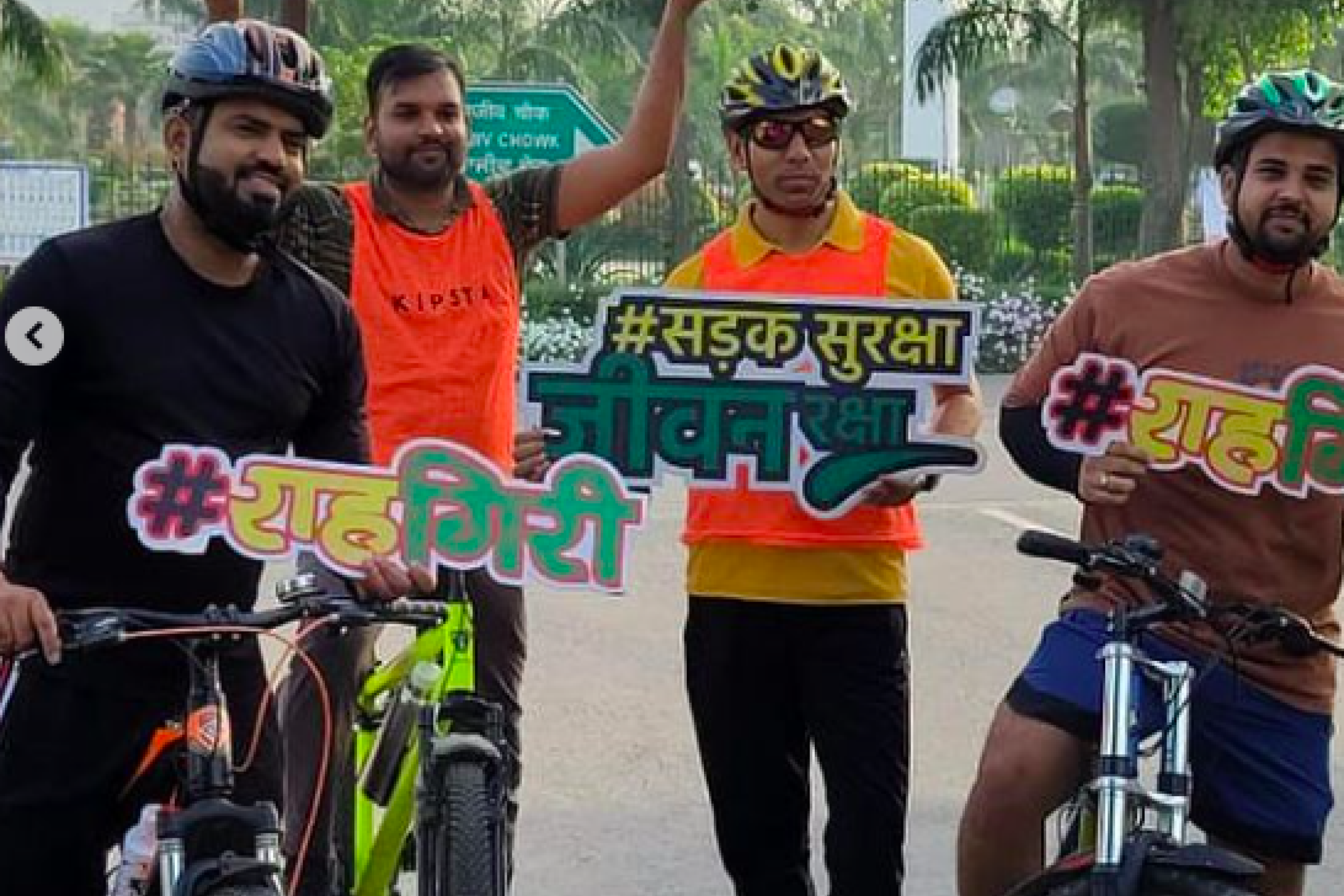Low-emission zones (LEZs) are emerging as a powerful tool in the fight against urban air pollution, particularly in rapidly developing countries like India. These designated areas restrict access to high-polluting vehicles, promoting the use of cleaner transportation options such as electric vehicles, hybrids, and public transit.
By enforcing stricter emission standards, LEZs aim to significantly reduce harmful pollutants like nitrogen dioxide (NO2) and particulate matter (PM10), which are major contributors to respiratory issues and other health problems. As Indian cities grapple with some of the world’s worst air quality, largely due to vehicular emissions, implementing LEZs offers a promising solution to improve public health, encourage sustainable transport, and drive innovation in green automotive technologies.
Raahgiri Foundation is at the forefront of this movement, advocating for a multi-pronged approach that includes promoting electric vehicles, enhancing public transportation infrastructure, and creating pedestrian-friendly zones.
